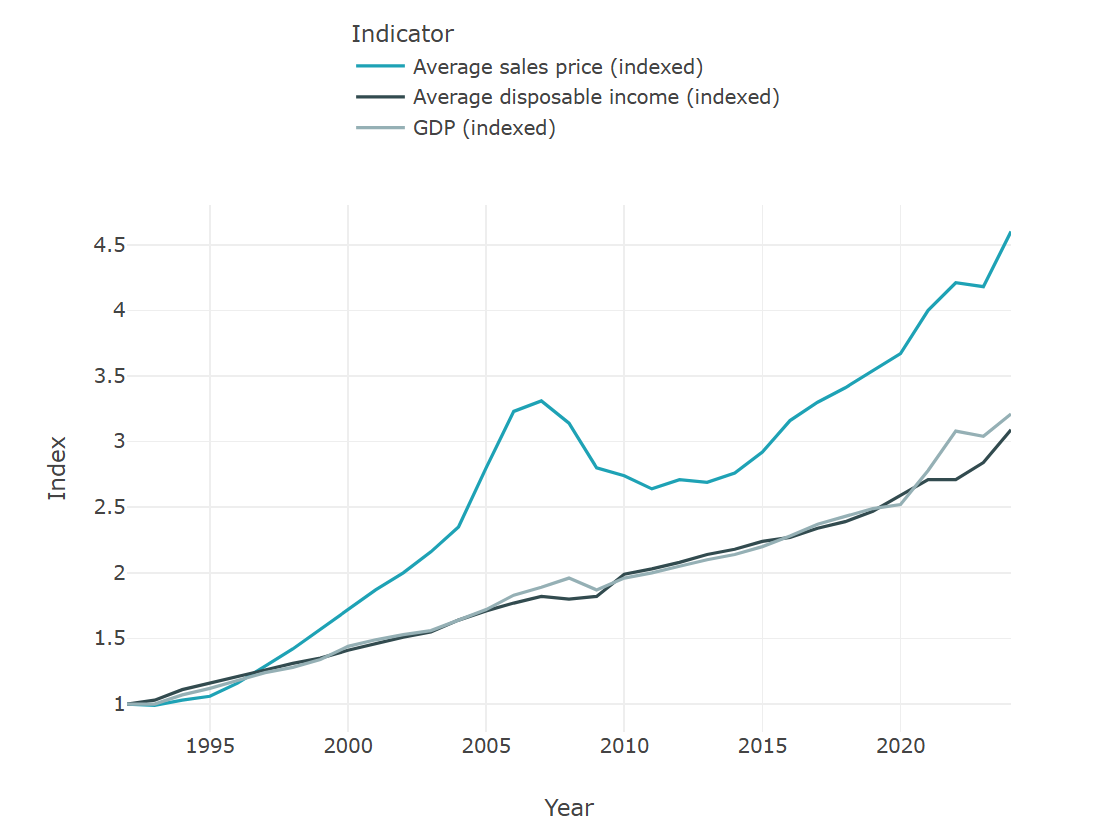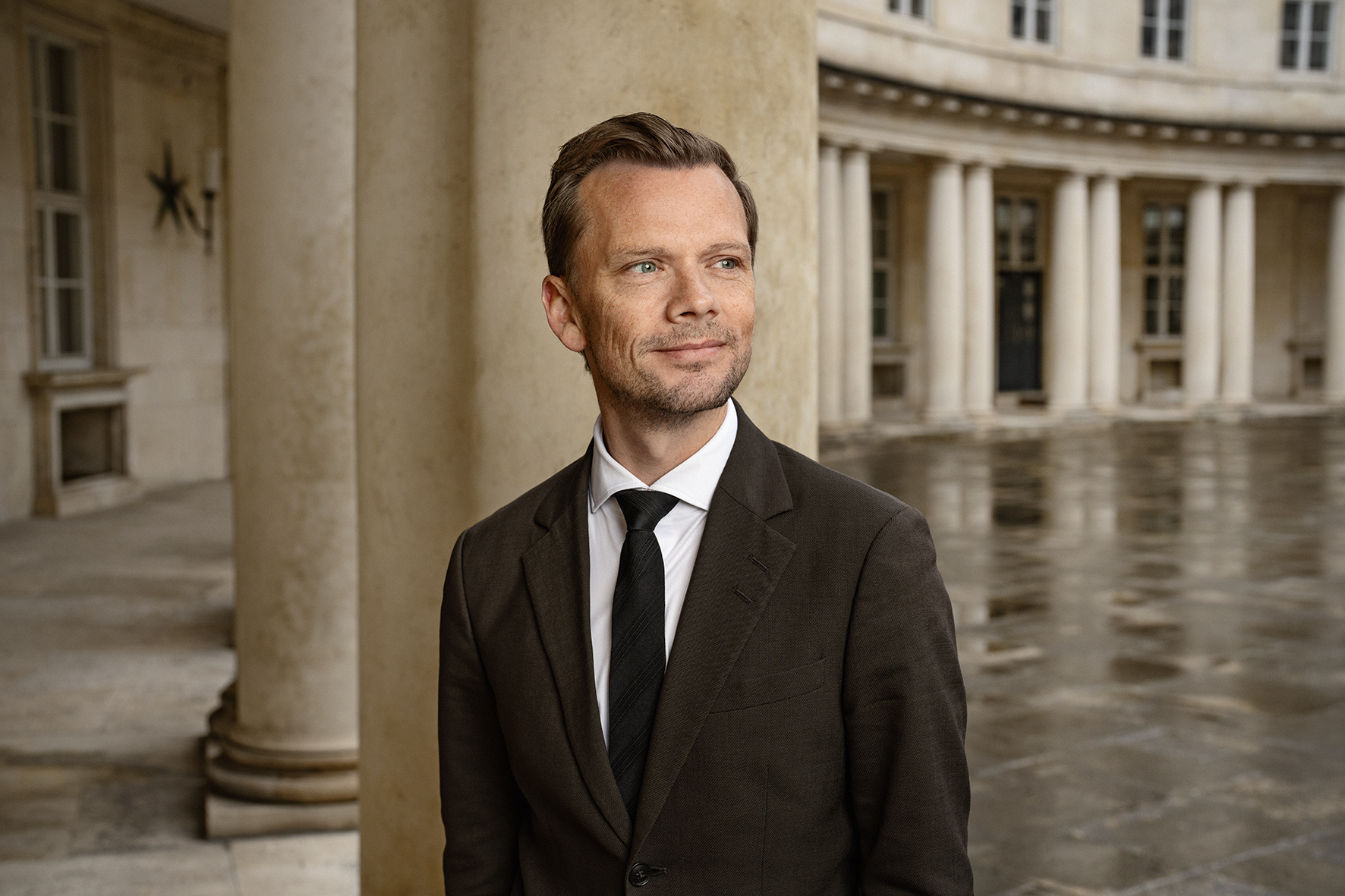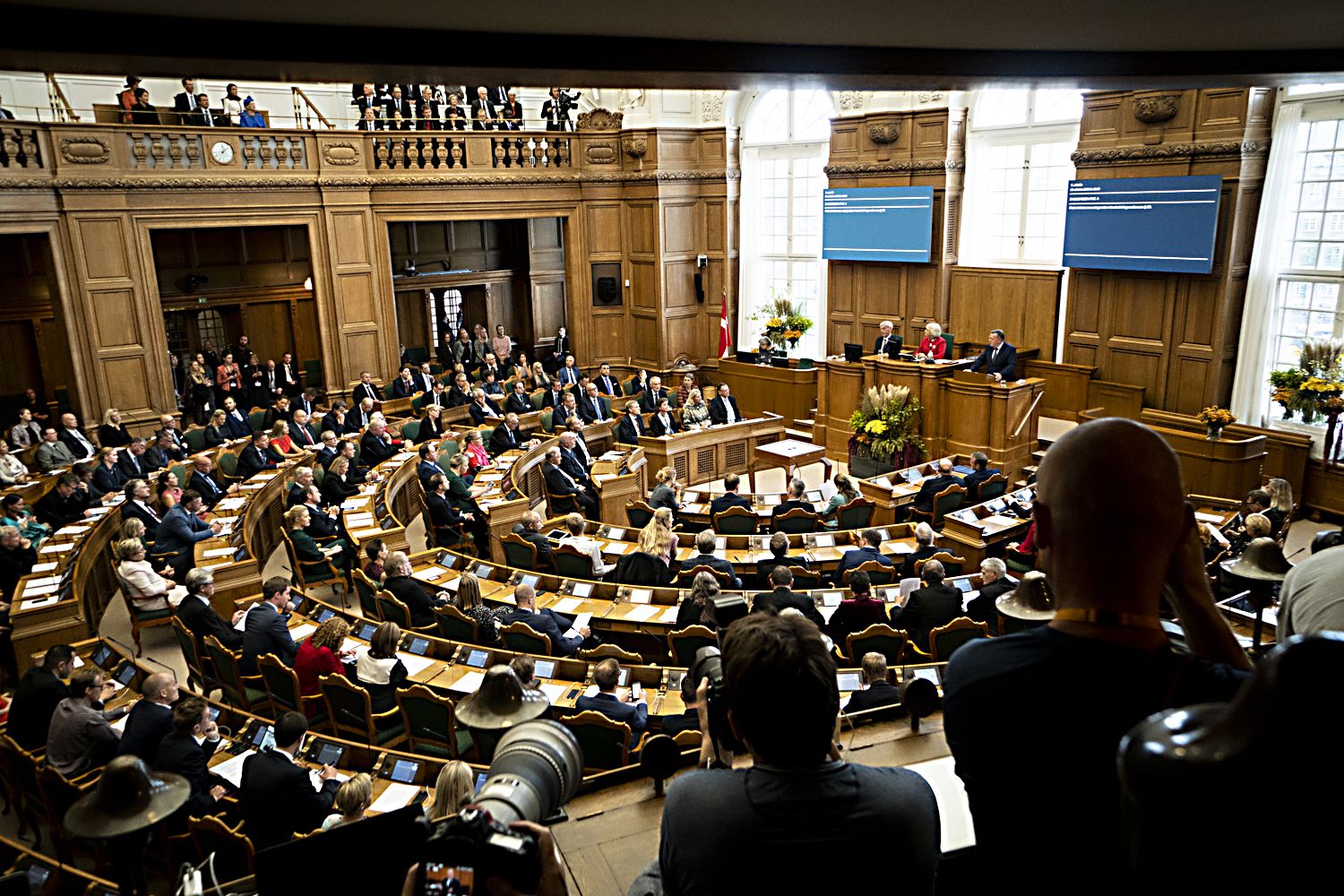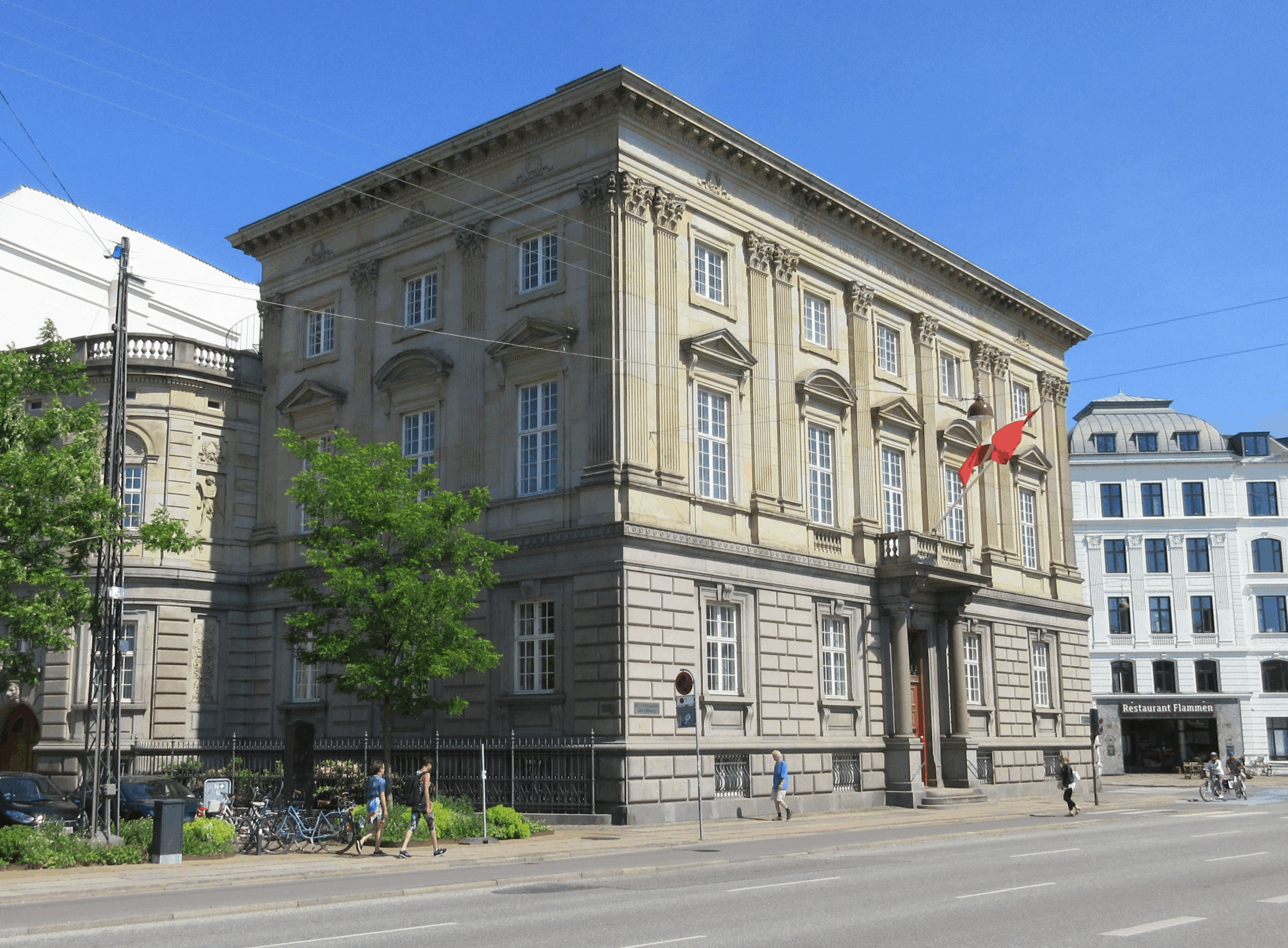Danish soldiers filmed abuse taking place in Iraq in 2004 during operation Green Desert, the chief of defence, Peter Batram, has now admitted.
The admission arrives after denials in October of last year that the video, which shows Iraqi civilians being kicked and hit by Iraqi soldiers, could have been filmed by Danish soldiers. While the military attempted to deny that soldiers who were present at the incident had any cameras to record the video, when the video was released in October it contradicted this claim and led to a military investigation that resulted in today’s admission.
In a press release, Bartram apologised that the military initially denied that the video was filmed by Danish soldiers.
“It’s unfortunate that the military gave an inaccurate answer,” Bartram wrote. “But the report does not suggest that information about video surveillance taken during Green Desert was knowingly withheld.”
The abuse allegations were first raised by an Iraqi newspaper that published an article claiming that Danish troops stood by while the Iraqi police abused prisoners, and the video evidence supports the claims of 23 Iraqis who say they were tortured by Iraqi police after being arrested and handed over by Danish soldiers. They are now attempting to sue the Defence Ministry for damages.
In the video, two additional Danish soldiers are also seen carrying cameras. These cameras could have recorded more incriminating footage but have yet to be recovered.
Christian Harlang, a lawyer representing the 23 Iraqis suing the ministry, released the video after being given it by former intelligence officer Anders Kærgaard who stated that his unit leader, Lieutenant-Colonel John Dalby, had urged him not to publish it, an allegation that Dalby denied.
After today’s news, Harlang stated that the ministry deliberately lied about the video and accused it of hesitating to investigate whether Danish soldiers were complicit in the torture of Iraqi civilians.
“They have denied [any knowledge] and used factually-incorrect information to prevent the case from being solved,” Harlang told Jyllands-Posten newspaper. “They lied. It’s a serious problem that the state uses methods like these.”
Nikolaj Villumsen, the defence spokesperson for Enhedslisten, agreed with Harlang and said someone needed to take responsibility.
“This report clearly shows that the military has been lying for years about something as serious as Danish complicity in the mistreatment of innocent Iraqi civilians. It is of course completely unacceptable," Villumsen said. “We now have a crystal clear response that shows they were equipped to film and that they were trained to make video recordings. So it’s clear that we need to find someone responsible for covering this up.”
Following the publication of the military’s report, the Danish anti-torture organisation Dignity (formerly the RCT) stated that it demonstrated the military’s unwillingness to investigate its accountability for torture.
“The military’s handling of the case of the tortured Iraqis testifies to the fact that no-one wants to find out what really happened during Operation Green Desert in 2004,” Dignity spokesperson Anders Bernhoft stated in a press release. “This case shows how difficult it is for people who have been subject to torture to have their cases taken up.”
Bernhoft also criticised the ministry for trying to get the Iraqis' case dismissed for having passed a statute of limitations. He also criticised the high court’s decision to demand each Iraqi pay a surety of 40,000 kroner to have their claims verified.












